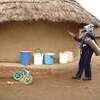First real hope for a TB vaccine in 100 years
30 October 2019 | Story Supplied. Photo Torange.biz. Read time 5 min.
The final analysis of a multi-site medical trial involving the University of Cape Town (UCT) has produced the first signal of a potentially effective vaccine against tuberculosis (TB) in almost 100 years.
The results, which were announced on 29 October at the 50th Union World Conference on Lung Health’s TBScience 2019 conference in Hyderabad, India, and published in the prestigious New England Journal of Medicine, showed a 50% efficacy of the candidate vaccine M72/ASO1E in reducing the incidence of lung TB disease in HIV-negative adults already infected with latent TB at the time of vaccination.
“These are game-changing results. If we can offer latently infected adults durable protection against pulmonary TB disease, we may be able to interrupt the cycle of TB transmission,” said Professor Mark Hatherill, director of the South African Tuberculosis Vaccine Initiative (SATVI).
SATVI and the Wellcome Centre for Infectious Diseases Research in Africa (CIDRI-Africa), tuberculosis research groups based in the Institute of Infectious Disease & Molecular Medicine at UCT, are two of 11 sites in South Africa, Kenya and Zambia where the study is being conducted.
In October 2018 UCT News recorded the publication of primary results from the ongoing Phase 2b clinical trial, when Hatherill said they had shown “for the first time, that a protein subunit vaccine can prevent progression to active TB in people who are already latently infected with the TB bacillus at the time of vaccination”.
The study is sponsored by the global healthcare company GSK (GlaxoSmithKline), and conducted in partnership with IAVI, a non-profit organisation dedicated to developing vaccines against HIV and TB.
Leading cause of death
TB is the leading cause of death through infectious disease worldwide, representing a significant public health threat with 1.5 million attributed deaths globally in 2018. In South Africa, the estimated incidence of TB is 520 per 100 000 of the population.
“They were followed for three years, during which time only 13 of the total 1 626 who received the active vaccine developed active lung disease, a reduction of 50%.”
The World Health Organization estimates that nearly one-quarter of the global population has latent TB. A total 10% of those people will develop active pulmonary TB disease.
There is currently no available TB vaccine with proven, consistent efficacy in adults.
Professor Tom Scriba, SATVI deputy director: Immunology, said the groundbreaking study had demonstrated that a vaccine “can provide long-term protection against lung TB”.
“We are also now able to decipher exactly how the immune response can protect humans against TB,” he added.
Professor Robert J Wilkinson of CIDRI-Africa, Imperial College and the Francis Crick Institute in London, said the results were cause for optimism, with the major task ahead now being to analyse samples collected from the trial to seek “clues to how we might do even better”.
“Our previous experience, and the combination of Crick and the Wellcome Centre in Cape Town, uniquely positions us to play a significant role in this effort, at the same time as contributing to the development of scientific careers in Africa,” he added.
Put simply, the study assessed the safety and efficacy of the M72/AS01E candidate vaccine in already infected – but not yet sick – adults in Khayelitsha, Worcester, Kenya and in Zambia. More than 3 500 people, all HIV negative and aged from 18 to 50, were involved. Each received two doses of the candidate vaccine or a placebo 30 days apart.
They were followed for three years, during which time only 13 of the total 1 626 who received the active vaccine developed active lung disease, a reduction of 50%. In the placebo group, 26 people fell ill with active TB.
The next step, the researchers said, was to rigorously test the candidate vaccine in more clinical trials. Only after that could it potentially be rolled out to the public.
 This work is licensed under a Creative Commons Attribution-NoDerivatives 4.0 International License.
This work is licensed under a Creative Commons Attribution-NoDerivatives 4.0 International License.
Please view the republishing articles page for more information.
Research & innovation
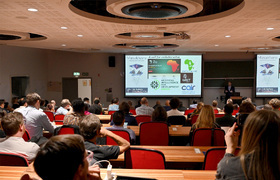














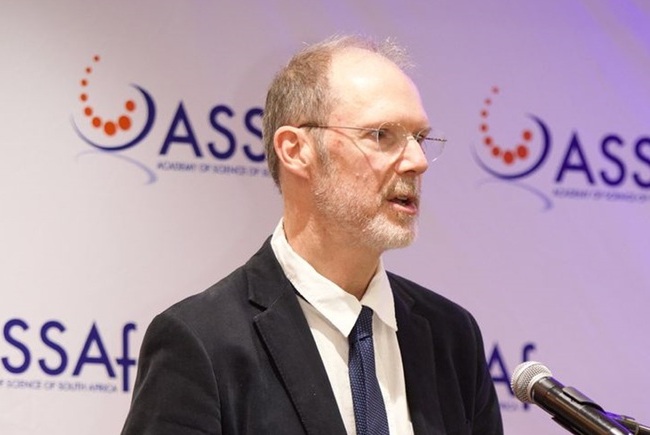




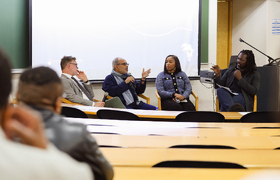












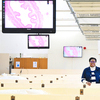
.jpg)

